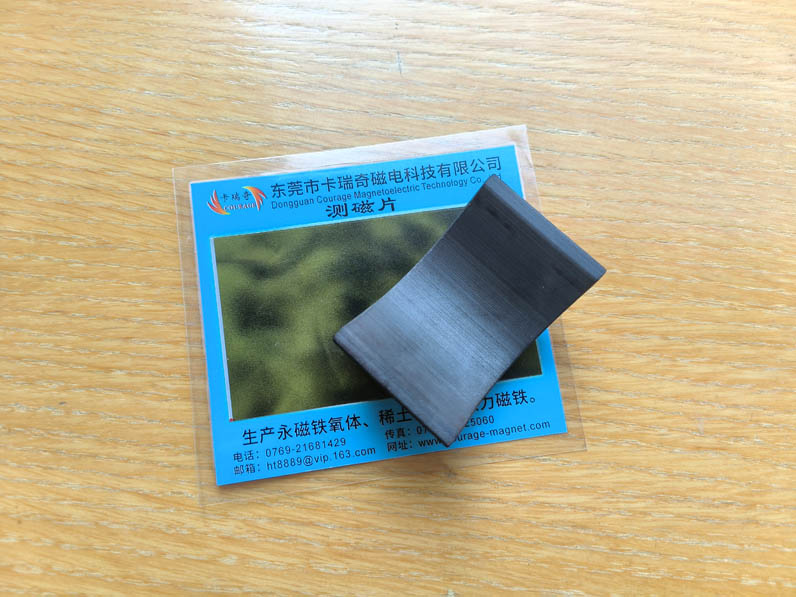The working performance of a magnet is closely related to its temperature. When it can work normally within the appropriate temperature range, it will demagnetize and cause abnormal operation when it exceeds its maximum working temperature. When it exceeds the Curie temperature, it will stop working. Different types of magnets have significant differences in performance at high temperatures. The following is an introduction to several common types of magnets.
NdFeB Magnet Stop Working Temperature
NdFeB magnet according to the coercivity level division of the maximum working temperature of 80 ℃ to 230 ℃, when the temperature exceeds its maximum working temperature, the magnetic properties of NdFeB magnet will be significantly weakened, when more than the Curie temperature of 310 ℃ to 400 ℃ will be completely demagnetized, stop working.
Ferrite Magnets Stop Working Temperature
The maximum working temperature of ceramic ferrite magnets is generally 250°C to 300°C. When the temperature exceeds 300°C, the magnetic properties of ferrite magnets will be significantly weakened, and they may lose their magnetic properties completely when exceeding 350°C.
The accompanying picture shows a sintered ceramic ferrite arc shape.

Samarium cobalt magnet stop working temperature
Samarium cobalt magnets have good heat resistance, the working temperature range of 250 ℃ -350 ℃, some can also reach 500 ℃, more than 700 ℃ magnetism will be permanently lost to stop working.
Alnico magnet stop working temperature
Alnico magnets are particularly heat-resistant, they can reach a maximum operating temperature of 450°C to 550°C and stop working at about 850°C, which can lead to permanent demagnetization.
In order to avoid the magnet stop working under high temperature, it is recommended to choose suitable magnet material, design good heat dissipation and cooling, avoid instantaneous temperature drastic change, etc. If you need to use magnets in high temperature environment, it is recommended to prioritize samarium cobalt or ferrite and other temperature-resistant magnets.
Relevant magnet temperatures are described;
Samarium cobalt magnet temperature limit
 China Neodymium And Ferrite Magnets Manufacturer & Supplier
China Neodymium And Ferrite Magnets Manufacturer & Supplier 


